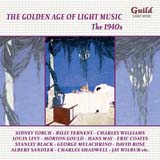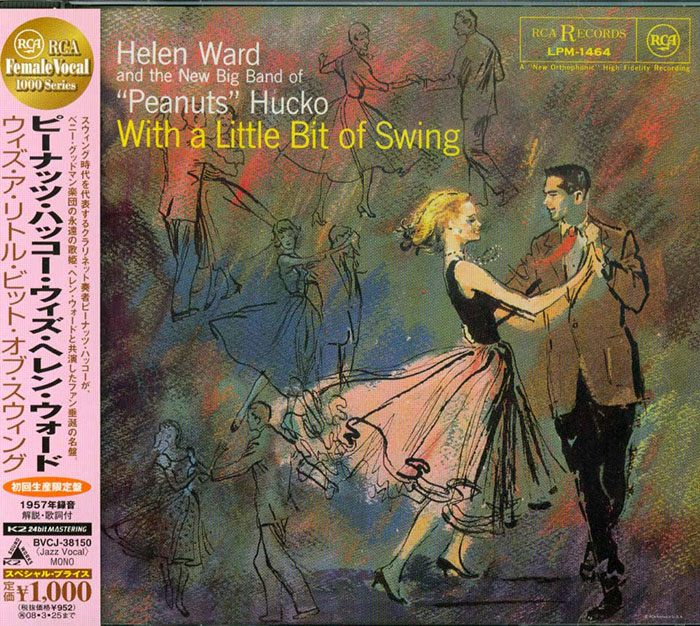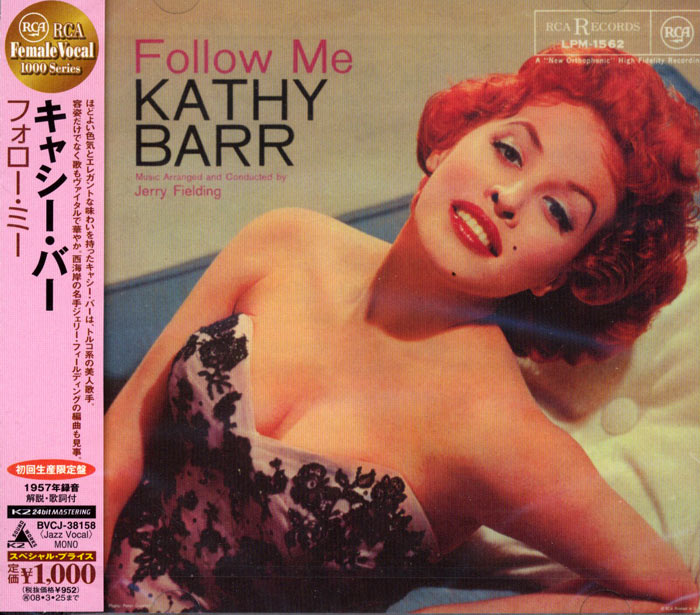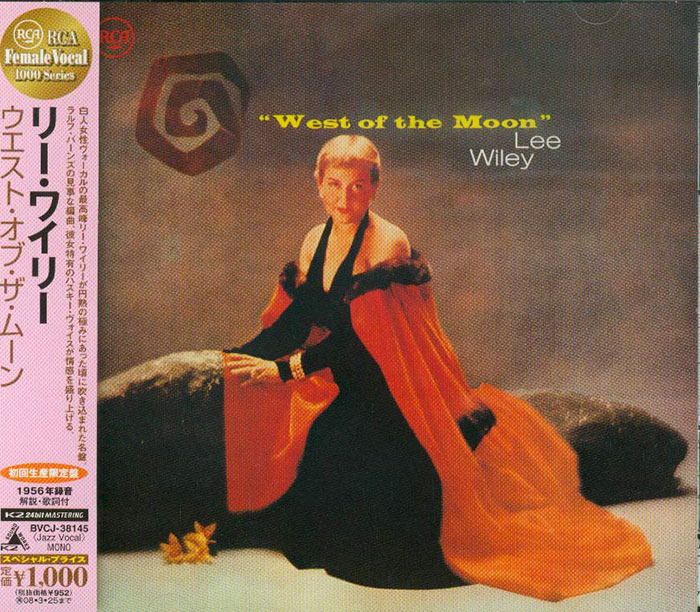Logowanie
OSTATNI taki wybór na świecie
Nancy Wilson, Peggy Lee, Bobby Darin, Julie London, Dinah Washington, Ella Fitzgerald, Lou Rawls
Diamond Voices of the Fifties - vol. 2
Tylko 1000 egzemplarzy!!!
DVORAK, BEETHOVEN, Boris Koutzen, Royal Classic Symphonica
Symfonie nr. 9 / Wellingtons Sieg Op.91
nowa seria: Nature and Music - nagranie w pełni analogowe
Petra Rosa, Eddie C.
Celebrating the art and spirit of music - vol. 3 - Pure
warm sophisticated voice...
Peggy Lee, Doris Day, Julie London, Dinah Shore, Dakota Station
Diamond Voices of the fifthies
Tylko 1000 egzemplarzy!!!
SAMPLER - STS DIGITAL, Buddy Tate, Milt Buckner, Walace Bishop
Jazz Masters - Legendary Jazz Recordings - v. 1
proszę pokazać mi drugą taką płytę na świecie!
Chesky! Niezmiennie perfekcyjny
Winylowy niezbędnik
ClearAudio
Double Matrix Professional - Sonic
najbardziej inteligentna i skuteczna pralka do płyt winylowych wszelkiego typu - całkowicie automatyczna
SAMPLER - JAZZ
1940 - PODROZ W CZASIE I PRZESTRZENI MUZYCZNEJ!
- 1. Music In The Air (Lloyd, arr. Torch) – QUEEN’S HALL LIGHT ORCHESTRA/SIDNEY TORCH
- [3:07] >>> Posłuchaj fragmentu <<<
- 2. Just One Of Those Things (Porter) – BILLY TERNENT & HIS ORCHESTRA [2:34] >>> Posłuchaj fragmentu <<<
- 3. Melody On The Move (Richardson) – QUEEN’S HALL LIGHT ORCHESTRA/CHARLES WILLIAMS [2:45] >>> Posłuchaj fragmentu <<<
- 4. Out Of My Dreams (Rodgers, Hammerstein II) – THE GERALDO STRING ORCHESTRA [3:11]
- 5. Linda Chilena (Orefiche, Connelly) – THE STANLEY BLACK ORCHESTRA [3:17]
- 6. Laura (Raksin) – MORTON GOULD & HIS ORCHESTRA [3:24]
- 7. Golliwog’s Cakewalk (Debussy, arr. Douglas) – MAYFAIR ORCHESTRA/WALTER GOEHR [2:27]
- 8. Manhattan Square Dance (Rose) – DAVID ROSE & HIS ORCHESTRA [2:22]
- 9. Runaway Rocking Horse (White) – ORCHESTRE RAYMONDE/ROBERT PRESTON [3:05]
- 10. Woodland Revel (Melachrino) – MELACHRINO ORCHESTRA/GEORGE MELACHRINO [3:09]
- 11. Music for Romance (Sherwin, Maschwitz) – ALBERT SANDLER & HIS PALM COURT ORCHESTRA [2:52]
- 12. Canadian Caravan (Farnon) – QUEEN’S HALL LIGHT ORCHESTRA/CHARLES WILLIAMS [2:50]
- 13. Waltz from “TheThree Bears” (Coates) – QUEEN’S HALL LIGHT ORCHESTRA/ERIC COATES [3:09]
- 14. Metropolis (Brown) – NEW CENTURY ORCHESTRA/SIDNEY TORCH [2:31]
- 15. Gorgeous Hussy (Gray) – THE HARMONIC ORCHESTRA.HANS MAY [2:53]
- 16. Ascot Enclosure (Yorke) – QUEEN’S HALL LIGHT ORCHESTRA/CHARLES WILLIAMS [3:00]
- 17. Ten Green Bottles (Trad. arr. Hanmer) – BBC VARIETY ORCHESTRA/CHARLES SHADWELL [3:04]
- 18. Wagon Lit (Torch) – QUEEN’S HALL LIGHT ORCHESTRA/SIDNEY TORCH [3:02]
- 19. Roving Fancies (Wood) – THE REGENT CLASSIC ORCHESTRA [3:04]
- 20. “The Way To The Stars” – Film Themes (Brodszky) – TWO CITIES SYMPHONY ORCHESTRA / CHARLES WILLIAMS [6:38]
- 21. Theatreland (Strachey) – NEW CONCERT ORCHESTRA/JAY WILBUR [3:06]
- 22. Dancing Tambourine (Polla, arr. Gould) – ROBIN HOOD DELL ORCHESTRA/MORTON GOULD [2:58]
- 23. “Blue Skies” – Selection Irving Berlin) – Blue Skies, Always, Heat Wave, Getting Nowhere,A Pretty Girl Is Like A Melody, You Keep Coming Back Like A Song, Blue Skies –LOUIS LEVY & HIS MUSIC FROM THE MOVIES
- SAMPLER - JAZZ - sampler
Srebrny krążek ginie we wnętrzu czytnika, niczym bilet do machiny czasu. Na wyświetlaczu pojawiają się dane, jak kod dostępu do podróży w przeszłość. Po kilku sekundach - jesteśmy na miejscu - w roku 1940! Wytwórnia Guild przygotowała serię płyt z muzyką, która rozbrzmiewała w rku 1940 w Wielkiej Brytanii, w Europie, w salach koncertowych promenad, w lokalach dancingowych w programach radiowych. Nadzwyczajna antologia, w oparciu o dyskretnie zremasterowane nagrania, jest także niezwykłym dokumentem epoki. Autumn 04 News Paper Source not known Light Music from the 1940s It seems that the smaller labels very often come up with the most interesting CDs. Take for example Guild label, coming to us from Switzerland and available here through Albany Music Distributors. My first experience with this label is a CD called „The Golden Age of Light Music: the 1940s” (GLCD 5102), and it is a delight! There are 23 tracks that include such British and American orchestral gems as „Music in the Air,“ „Just One of Those Things,“ „Laura,“ „Runaway Rocking Horse,“ „Ascot Enclosure“ and a medley of Irving Berlin songs to wrap things up. Along the way, you will hear such musical groups as the Queen’s Hall Light Orchestra, Billy Ternent & His Orchestra, The Stanley Black Orchestra, Morton Gould & His Orchestra, Melachrino Orchestra - several of which many in my age will remember from the days of the 78 rpm album and of the early mono LP. The sound is of course from the 1940s and therein lies the charm of sets like this. Not only will this disc give you much listening pleasure but it might trigger some fond memories of dining at home to some of these very recordings. You can contact Albany at (800) 752-1951. Frank Behrens of Keene, RH., writes arts und entertainment reviews, which appear in many of the region's newspapers. He is also well-known for his talks on opera and American musical history. -------------------------------------------------------------------------------- Keana Santinel – 20/01/2005 CD isn 't light on British light music By FRANKBEHRENS Contributing Writer I told you recently about one of the historical Guild recordings. It also has, among its many fascinating catalogue entries, two CDs of light music from the 1940s and from the 1950s. While those concentrated on British composers and bands, the latest offering, “The Golden Age of Light Music: the 1930s,” gives us a cross-section of records made on both sides of the Atlantic. Composers include Richard Rodger (“Slaughter on Tenth Avenue”), John Ansell (“Plymouth Hoe”) and other names possibly more familiar to British music lovers than to us. Among the orchestras are those of Paul Whiteman and even the Berlin Philharmonic. But the main point of this CD is a lesson in living musical history. As singing at the parlor piano gave way to listening to acoustic recordings, the advent of the electric recordings made listening even more pleasurable. No surprise, then, that pieces short enough to be accommodated on one side of a disc were the perfect grist for the record companies’ mills. So you can enjoy this Guild offering on two levels. -------------------------------------------------------------------------------- This is an excellent compilation of contemporary renderings of British light music of the nineteen-forties. Most of the pieces come from the second half of the decade – and are therefore post-war although being played in a land where rationing and austerity were still the order of the day. It is not necessary to comment on all twenty-three of these evocative numbers. However a few words on, what to me are, the highlights will be appropriate. The pieces which strike me as most evocative of the age are the ‘impressions’ or miniature tone poems. We have at least a dozen on this recording – all of which show considerable resources of melody, instrumentation and invention. Edward White’s Runaway Rocking Horse is one of my absolute favourites. If any piece proves that the light music composer was often a superb musical craftsman it is this piece. It is an attractive nod to a toy that most adults remember about their childhood – even if they never actually had one. I can easily imagine the wooden horse cantering off into some romantic English landscape. We hear the little horse playing and then beginning to tire. A last frolic and then, as if by a magic wand, he is back on his wooden frame. One of the ‘urban tone poems’ that were so popular with light music composers is Jack Brown’s Metropolis. It does not matter if this is Manchester or Manhattan – it has all the hallmarks of a city that does not sleep. Theatreland by Jack Strachey makes us want to get into that black taxi cab or get on the Central Line and head off to where the footlights are blazing and the curtains going up on the very latest musical. Wagon Lit is a well-loved number by Sidney Torch that gives an impression of a bouncy trip on French Railways. Whether the service was better on the trains in 1947 is a matter of conjecture – but one thing is for sure the post-war, austerity travellers in those days were trailblazing the way to the continent by sleeper; soon the hordes that would follow by jet plane. Of course, another wonderful ‘transport’ image is presented by Clive Richardson’s perfectly scored Melody on the Move. Now I do not know what mode of ‘movement’ he has in mind – but to me it is a jaunt through the Surrey Hills on a lovely summer Saturday. Perhaps we enjoy a brief Woodland Revel with George Melachrino - one of those tunes that seem to have been at the back of my mind all my life. Ascot Enclosure moves the imagery away from the city to the country and the excitement of a day at the races. It is rather strange that I tend to see all these ‘place’ images in terms of contemporary London Transport Posters. Another thread throughout this disc is that of arrangement. Now this does not move me in quite the same nostalgic manner as the tone poems. However, all of them are attractive renderings of well known tunes. For example, Ronald Hanmer’s evocative version of the traditional tune Ten Green Bottles shows what can be done without simply repeating the tune - louder. As another reviewer has pointed out – it is not lemon squash or ginger beer that was in the bottles but possibly Boddingtons or Bass. I am not so sure about the arrangement of the Golliwog’s Cakewalk – but I suppose it was for some people their only venture into the world of Claude Debussy. Cole Porter is represented with an ‘end of the pier’ arrangement of Just One Of Those Things. One of the features of that long-running BBC series on the ‘Light Programme’ was Friday Night is Music Night. This programme usually had at least one medley from the ‘shows’ or one of their composers. On this disc we have a lovely selection of tunes by Irving Berlin including A Pretty Girl Is Like A Melody and Heat Wave and a medley of film tunes put together by Nicholas Brodszky. It is not possible to comment on all the performers on this disc. Suffice to say that they are all contemporary with the music; many of the names of the orchestras are enough to give British listeners of a certain age a huge nostalgia trip. A glance at the track-listing above shows a glittering array of light music stars. Some of the works are conducted by the composers themselves and this gives us an opportunity to see how an Eric Coates, David Rose or George Melachrino approached their own music. The sound quality is excellent, bearing in mind that all these tracks are derived largely from the original 78s. This is a nicely presented CD with some six pages of closely written programme notes. John France

































